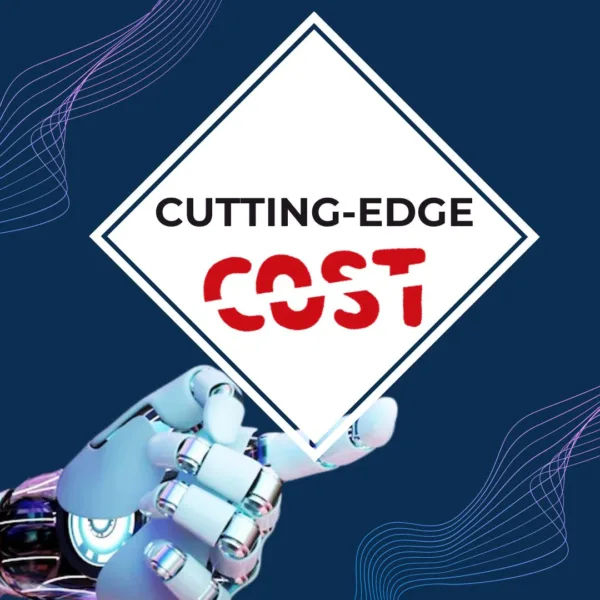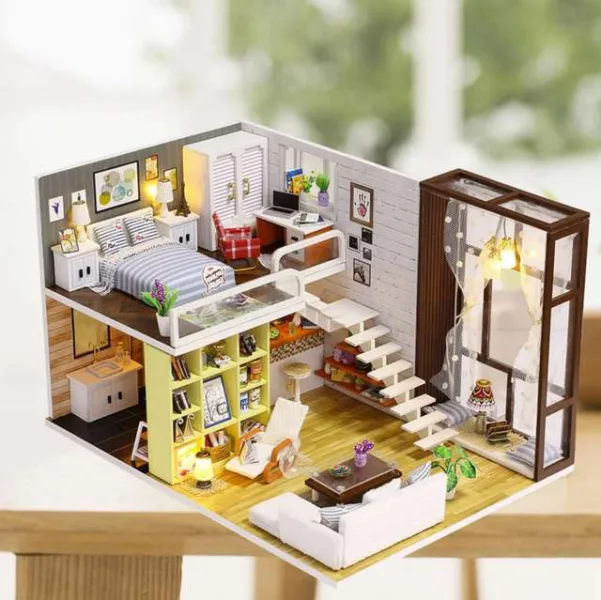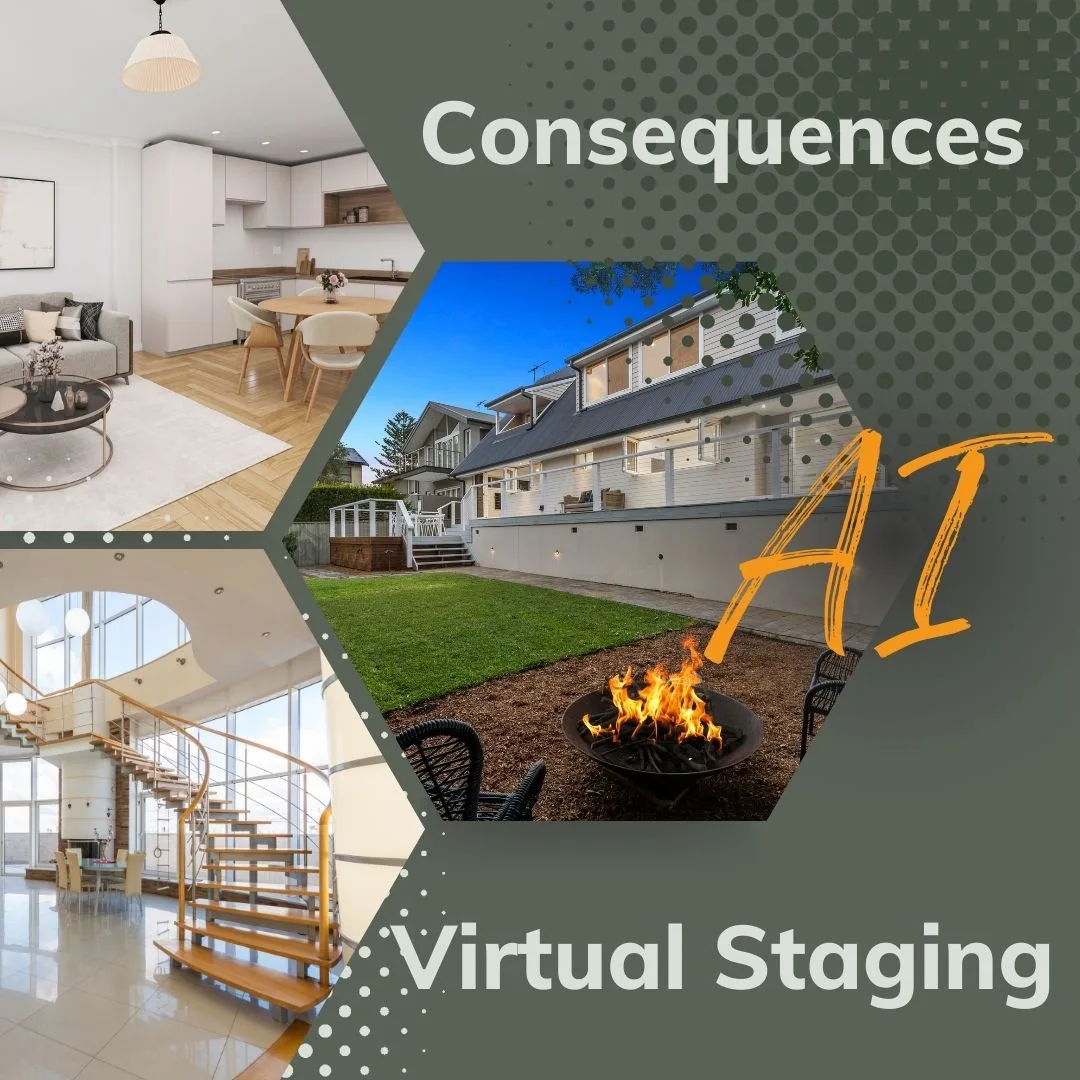The Consequences Of Using Virtual Staging AI
Virtual Staging AI has emerged as an alternative tool for digital real estate photography editing solutions. However, the question of whether AI (artificial intelligence) implies any consequences for the future careers of all real estate professionals or not has little exploration. For this reason, this article will open up this question and leave a short recommendation for the future landscape of this technological intersection.
Definition Of Virtual Staging AI
First of all, many people may be wondering what Virtual staging is. In short, real estate photography virtual staging basically refers to the process of digitally furnishing and decorating images of vacant property to enhance its appeal to potential buyers or renters. This procedure could be a breakthrough that brings these reenacted pictures of commercial genuine bequest inside spaces to a modern level with less exertion and fetch (compared to the conventional one). In the real estate photography world, there is an incredible way to advertise online by including unused 3D furniture within the offering spaces.
Furthemore, a form of artificial intelligence (AI) technology can apply in the furniture industry. With newly researched and developed AI having potential in the interior design industry, AI Virtual Staging will be easier and more enjoyable.
Read More: Optimum Rules: Real Estate Photography Virtual Staging on Budget
The Reason For The Rise Of Virtual Staging AI
Next, with the introduction of the smartest algorithms generated by giant online libraries, AI technology has been making significant inroads in real estate photography editing, including virtual staging. People indulge in superior features of AI which can be named as follows:
1. Cutting-edge Effective

To begin with, the key limitation of previous technology is the inability to understand the space, and place or design the furniture in correct dimensions by themselves. But, things have changed with AI Virtual staging. The AI creators, now, enable them to interpret and manipulate images of physical spaces. Machine learning algorithms can analyze vast datasets of interior design styles, furniture arrangements, and architectural features. The purpose is to generate staging options that are tailored to specific properties. Through advanced image recognition techniques, Virtual Staging AI can identify the dimensions and features of a room. This allows for precise placement of virtual furniture and decor. Machine learning algorithms, computer vision, and 3D modeling contribute to creating more realistic and appealing staged images.
2. Cheap Threshold To Start.
One of the most outbound benefits of AI-integrated Virtual staging lies in the low entry price. Compared to conventional digital staging, AI reduces the cost of furniture rental, editor fees, and training fees significantly. This low affordability makes it more accessible for new photographers, and realtors. In addition, virtual staging AI allows for a fraction of these costs, as digital images can be created and modified without the need for physical items. As a result, new technology makes virtual staging accessible to a wider range of sellers, from high-end properties to budget-conscious homeowners. Not to mention, this capability not only streamlines the staging process but also increases the likelihood of a property selling quickly and at a desirable price.

3. Time-Saving
Normally, when working with real estate photography editing services, it will take from 24 to 48 hours to receive the results which does not cover the revising time. This minus is completely extracted with Virtual Staging AI technologies. The empty rooms will be quickly staged, and easily modified with some hours of AI help. If real estate agents expect multiple furniture layouts, adjustments can be made with greater flexibility. The speed is particularly advantageous in the competitive housing market
4. Enhanced Marketing Appeal
Lastly, AI-driven virtual staging can create visually striking images that enhance the marketing appeal of a property. By leveraging algorithms that understand design trends and buyer preferences, staged images can be tailored to attract specific target audiences. This personalized approach not only captures attention but also increases the chances of generating interest and offers on the property.

What Are The Latent Consequences Of Virtual Staging AI?
There are many negative effects that may come to a professional career.
1. Authenticity Concerns
One of the primary concerns surrounding AI-driven virtual staging is the issue of authenticity of furniture images. As many people know, AI is learning mostly from unauthorized sources, which means the images of the furniture they use are potentially illegal. In the long run, this legal issue can lead to disappointment in customer trust and damage the credibility of real estate agents. As such, ethical considerations regarding transparency and honesty in marketing should be prioritized if the agents want to go big. Or else, they will soon be out of the market as long as they keep using Virtual Staging AI.

2. Virtual Staging AI Technical Limitations
AI virtual staging is not without its technical limitations. While advancements in computer vision and 3D modeling have improved the realism of staged images, there are still challenges in accurately representing certain textures, lighting conditions, and spatial dimensions. While creating stunning images, the potential buyers may feel misled if the staged images do not accurately represent the property. As technology continues to evolve, these limitations may diminish. But for the time being, there is a need for ongoing refinement and improvement in AI algorithms.
In case you are seeking out for a quick option, AI virtual arranging could be a great course to go. But in case you’re trying to find something truly custom and super photorealistic, you’re superior to going with a studio that does it, and of course, you get what you pay for.
3. The Reliance On Virtual Staging AI Damage The Connection With Customer

Next, the dependence on AI innovations raises questions about the potential for harmful risk from computerized forms and lost the customers’ styles. While AI can streamline many aspects of virtual staging, real estate professionals need to maintain a creative and human touch in their marketing efforts. Moreover, AI also has a limited choice of furniture and decor. The ability to understand buyer psychology, market trends, and local nuances cannot be fully replicated by algorithms. Thus, a balance must lie between technological efficiency and human expertise.
Final Thoughts
In Conclusion, Virtual Staging AI poised to be a significant force in the future of real estate photography editing. By enhancing the efficiency, and price for real estate marketing purposes, AI is revolutionizing the way the housing industry works. However, people should be aware of the pitfalls that accompany this technological shift. It is inevitable to avoid the strengths of AI, but the irreplaceable insight should not be ignored either if people do not want AI to be the only tool.
Related Posts
Real Estate Photo Editing AI Tramples On Talent?
Leverage Career When Build Clients Trust With Real Estate Photo Editing


